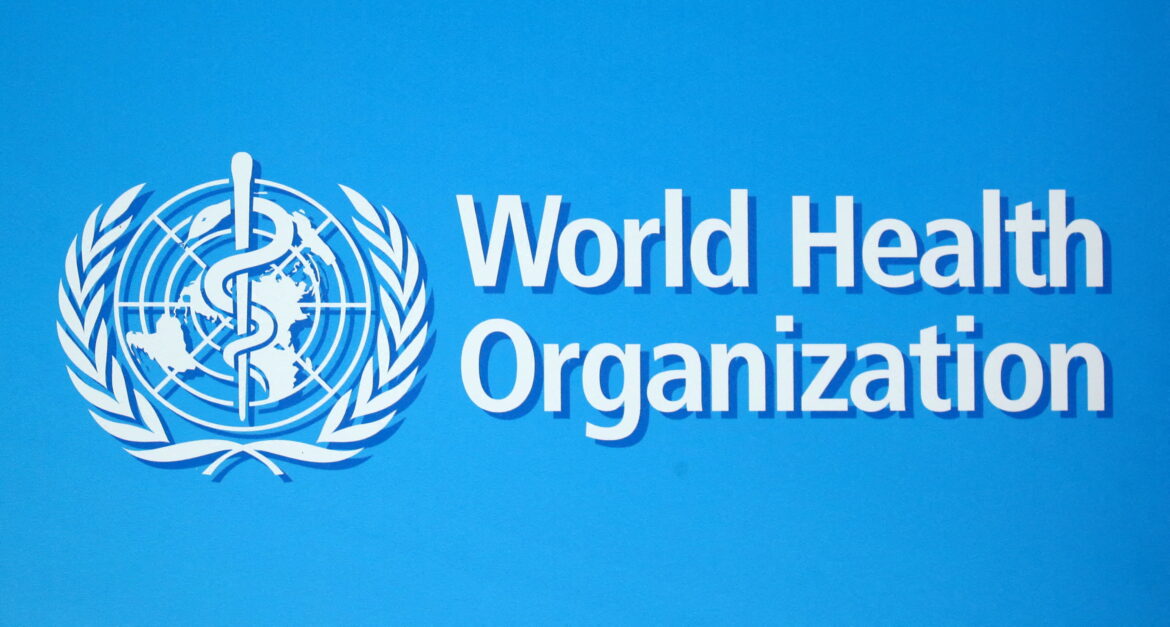By Asmau Ahmad
The World Health Organisation (WHO) has released a new report entitled: “Mental health of refugees, migrants, risk, protective factors and access to care.”
The organisation in a statement on Tuesday outlined the latest global evidence on main factors influencing the mental health of refugees and migrants and their access to care.
It said that it was the fifth report of the Global Evidence review on Health and Migration (GEHM).
“Around one in eight people globally live with a mental health condition.
“Refugees and migrants are particularly vulnerable, as they can be exposed to various stress factors and challenges, which affect their mental health and well-being both during their journeys and on arrival.
“The prevalence of common mental disorders such as depression, anxiety and Post-Traumatic Stress Disorder (PTSD) tends to be higher among migrants and refugees than among host populations.
“Girls and women on the move have a higher risk of depression and anxiety,” it said.
Dr Santino Severoni, Director of the WHO’s Department of Health and Migration, said good mental health and well-being is a right for all, including for refugees and migrants.
Severoni said that the report would support and strengthen health systems’ responses to the mental health needs of refugees and migrants
He said the report would enable them receive quality mental health care and support in ways they find accessible, acceptable and affordable.
The report summarised different risk factors and barriers refugee and migrant groups experience, and outlines five key themes to be addressed in order to improve their access to mental health care.
“Community support: Evidence shows that being part of a community with a shared background and attending school are associated with lower rates of mental disorders.
“Basic needs and security. For example, an insecure legal status can contribute to poor mental health.
“Stigma: experiences of racism and discrimination are consistently associated with adverse mental health outcomes.
“Adversity and trauma. For example, extended detention is associated with increased rates of depression and PTSD.
“Access to services. Refugees and migrants often do not prioritise their mental health because they are not aware of the services available free of charge or do not accept health care due to language barriers and concerns around confidentiality.
“Refugees and migrants face many unique stressors and challenges,” it said.
Mrs Dévora Kestel, WHO Director for Mental Health and Substance Use, said that the report sets out the urgent need for robust policies and legislation, rooted within stronger health systems to meet the mental health care needs of refugees and migrants.
She said that urgent actions are needed by policymakers based on the findings of the review.
“GEHM puts forward a series of actions for consideration by governments, policymakers, and programme managers in Ministries of Health and other ministries, cutting across all the five thematic areas outlined:
“Promote refugees’ and migrants’ participation in society and reduce discrimination by adopting refugee- and migrant-sensitive mental health policies.
“Address the non-medical factors that impact mental health in migration policies and prioritize basic needs, such as food, housing, safety, and education or employment.
“This means, for example, using settings other than detention facilities to assess the health status of refugees and migrants,” it said.
The statement said that health workers would be trained to assess and treat mental health conditions among refugees and migrants and strengthen the capacity of other relevant professionals.
It said that the trained workers would also recognise and support those with mental health conditions.




